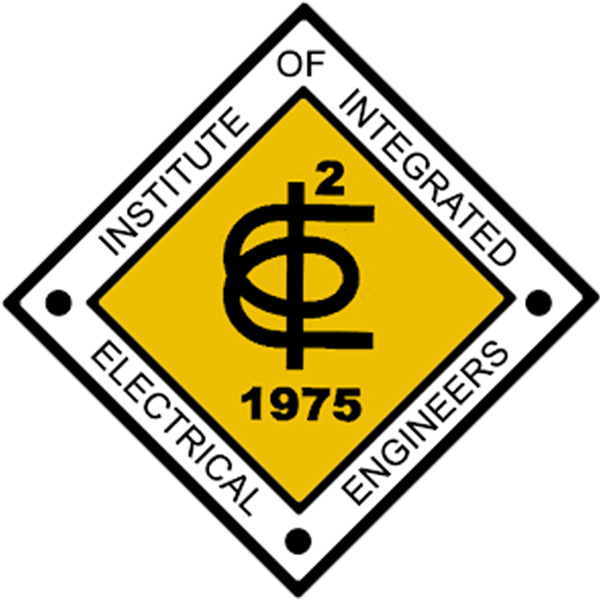The practice of Electrical Engineering involves the art and science of developing, applying and controlling the electrical, electronic and related phenomena of nature for the benefit of mankind notably in the field of light, heat, power, communication and transportation. Electrical Engineering is broadly divided into the following fields of practice:
- Consultation, investigation, valuation and management of services requiring electrical engineering knowledge;
- Design and preparation of plans, specifications and estimates for electric power systems, power plants, power distribution systems, power transformers, transmission lines and network protection, switchgear, building wiring, electrical equipment and others;
- Erection, installation, testing and commissioning of power plants, substations, industrial plants, watercraft, electric locomotives and others;
- Construction and installation of electrical wiring in residential, commercial, institutional and industrial buildings, in power plants, substations, watercraft, electric locomotives, and the like;
- Inspection/appraisal/construction coordination of ongoing/existing construction/installation and electrical items or equipment of utility companies;
- Operation and maintenance of electrical equipment in power plants, substations, industrial plants, watercraft, electric locomotives, and others;
- Manufacturing and repair of electrical equipment including switchboards, transformers, generators, motors, apparatus and others;
- The teaching of electrical engineering professional subjects;
- Sale and distribution of electrical equipment and systems requiring engineering calculations or applications of engineering data;
- Research and development of new electrical products or systems from conceptualization to production.
